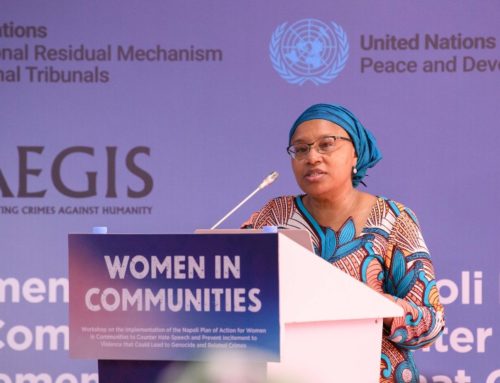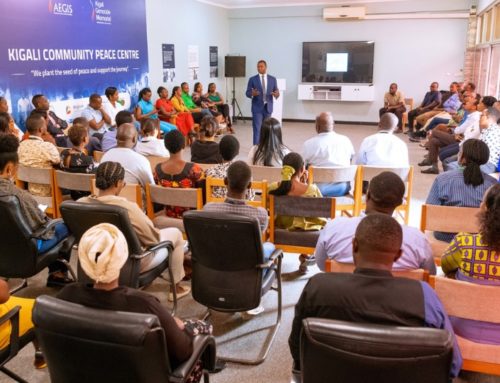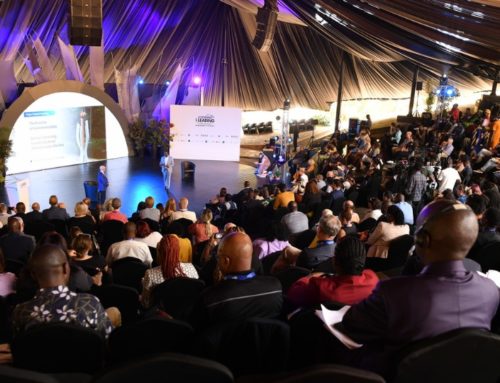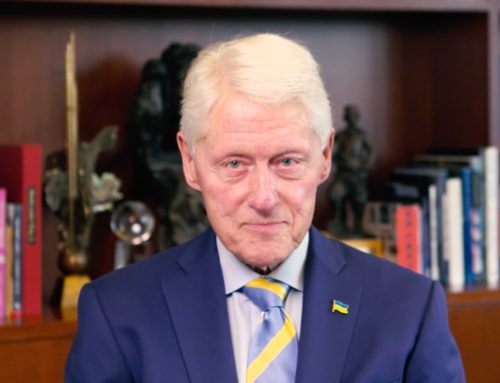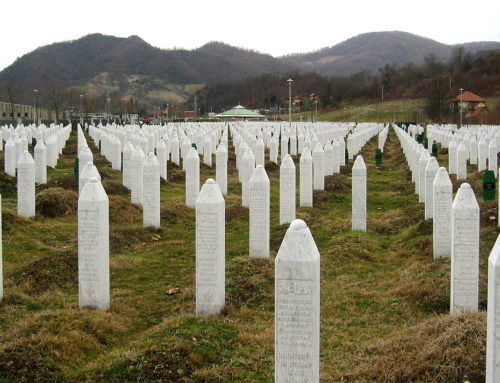 5 June 2012 – Nuba 2012: Return to Genocide? is a short film released today by the Aegis Trust on the first anniversary of a massacre by Sudanese Government forces in Kadugli, capital of South Kordofan State, which marked the start of the new wave of ethnic cleansing against the Nuba. Featuring Dr Mukesh Kapila on his first return visit to Sudan since he blew the whistle on the Darfur crisis as head of the UN in Sudan in 2004, the film includes prima facie evidence of war crimes.
5 June 2012 – Nuba 2012: Return to Genocide? is a short film released today by the Aegis Trust on the first anniversary of a massacre by Sudanese Government forces in Kadugli, capital of South Kordofan State, which marked the start of the new wave of ethnic cleansing against the Nuba. Featuring Dr Mukesh Kapila on his first return visit to Sudan since he blew the whistle on the Darfur crisis as head of the UN in Sudan in 2004, the film includes prima facie evidence of war crimes.
Using hit lists, on 5 June 2011 Sudanese troops in Kadugli commenced a massacre of Nuba civilians. They targeted anyone associated with the SPLM-North – the section of the SPLM that was based in the Nuba Mountains, in contested areas north of the new border between Sudan and South Sudan. Special provisions for these areas had been made in the ‘Comprehensive Peace Agreement’ – the peace deal which ended a two-decade war between the southern rebels of the SPLM and the Sudanese Government in Khartoum. However, those provisions were never fulfilled.
Seeking refuge at the UN base outside Kadugli, Nuba residents were shot dead in front of UN peacekeepers who made no evident attempts to protect them.
The massacre was initiated just days before South Sudan formally declared independence. It was accompanied by an assault on the armed wing of the SPLM-North – which had refused Sudanese Government demands to lay down weapons ahead of the schedule set in the Comprehensive Peace Agreement.
New film shows evidence of war crimes
“The massacre which began on 5 June 2011 marked the start of a systematic campaign of ethnic cleansing against the Nuba,” says Dr Mukesh Kapila, former head of the UN in Sudan, now the Aegis Trust’s Special Representative for Crimes Against Humanity.
“The Sudanese Government has spent the past year trying to mask its ongoing atrocities as no more than a legitimate counter-insurgency against the SPLM-North, but ground attacks and aerial bombing have been used to drive hundreds of thousands of Nuba civilians from their homes and prevent them from growing crops, putting them at risk of starvation. At the same time, the Sudanese Government has completely blocked food aid to the region.
“I have seen clear evidence of crimes against humanity in the Nuba Mountains with my own eyes, as you can see for yourself in the film being released online by the Aegis Trust today,” says Dr Kapila. “I also witnessed evidence that the Sudanese Government is using illegal weapons in the process – including anti-personnel landmines and cluster bombs – both of which constitute a war crime under international law.
“In the ongoing absence of cooperation from Khartoum, and with the rainy season now making transport increasingly difficult on the ground, it’s time for the British Government and wider international community to help local community groups facilitate assistance,” says Dr Kapila. “This is not without risks, but bold measures are justified. Time is at a premium and tens of thousands of lives are now under threat.”
“Sudan is the only nation in the World led by a man wanted for genocide at the International Criminal Court,” adds Dr James Smith, Chief Executive of the Aegis Trust, who accompanied Mukesh Kapila on his return visit to Sudan, crossing into the Nuba Mountains from South Sudan in March this year. “Especially in light of clear evidence that he is presiding over ongoing systematic and widespread atrocities against civilians, it’s time for Britain to set an example by downgrading diplomatic relations with his regime.”

